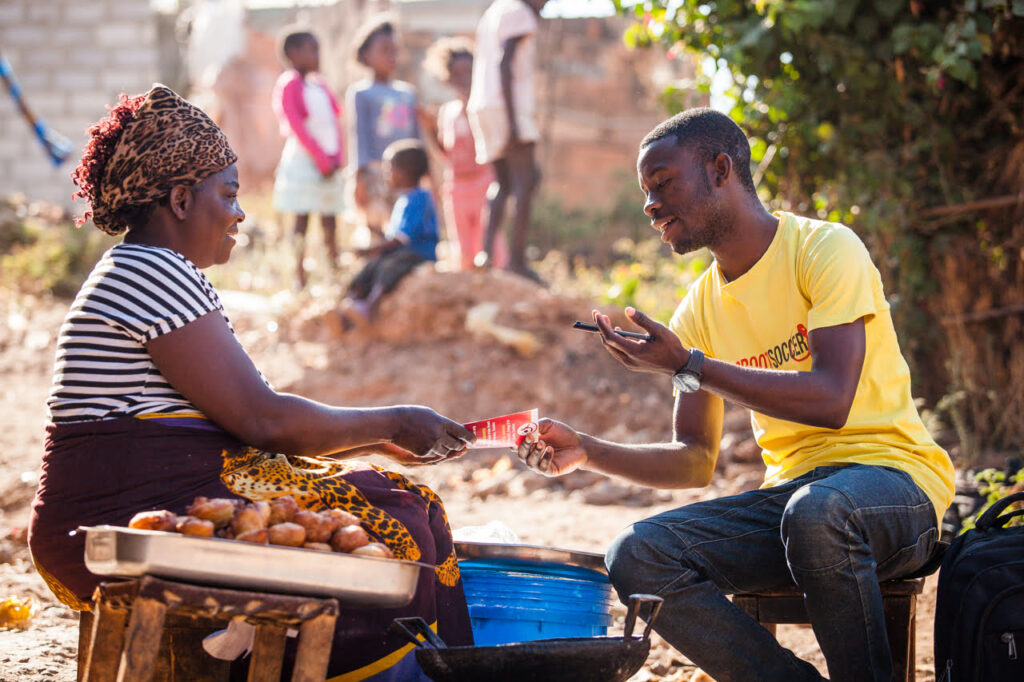Grassroot Soccer Zambia Celebrates Inaugural PEPFAR Program to Improve HIV Service Delivery Among People Living with HIV

Grassroot Soccer Zambia (GRS) is excited to announce the launch of its first direct award from the President’s Emergency Plan for AIDS Relief (PEPFAR) that will improve HIV services and programs for people living with HIV. The program expands upon GRS’s 15 years of community-based programming across Lusaka Province, including nearly a decade of experience supporting youth living with HIV. GRS meaningfully engages youth living with HIV through its flagship SKILLZ Plus adherence program, which is facilitated by GRS Coaches openly living with HIV to build young people’s health and social assets, facilitate access to critical sexual and reproductive health and rights (SRHR) services, and supports them to adhere to treatment.
The 12-month, community-led monitoring program promotes the meaningful, proactive engagement of people living with HIV to capture their perspectives and recommendations to evoke positive change and improve the outcomes of HIV services and programmes. GRS will build trust with the broader community of people living with HIV and those at risk for HIV in Lusaka Province and incorporate their perspectives and input to inform the future of HIV service delivery. The program will place individuals living with HIV at the center of discussions with national- and provincial-level stakeholders and enable a safe space for candid feedback and suggestions to strengthen PEPFAR-supported HIV programs and services.
As part of a larger, national program, GRS will train a select cohort of people living with HIV as Community Monitors who are from the same seven districts in Lusaka that the program will take place. The Community Monitors are the key ingredient to the success of this program, as they will serve as the critical link in gathering and feeding back information to GRS, PEPFAR and the Government of the Republic of Zambia.
GRS is eager to continue our commitment to supporting young people living with HIV in Zambia and globally, and acknowledges the vital role that people living with HIV play in driving and shaping the HIV response in Zambia.
This project was funded, in part, through The President’s Emergency Plan for AIDS Relief Small Grants Program. The opinions, findings and conclusions or recommendations expressed herein are those of the Author(s) and do not necessarily reflect those of the Department of State.

